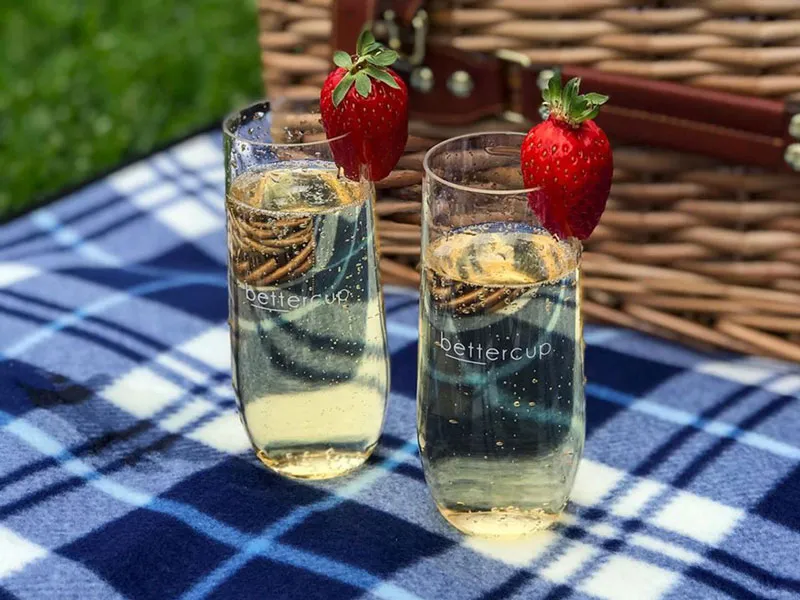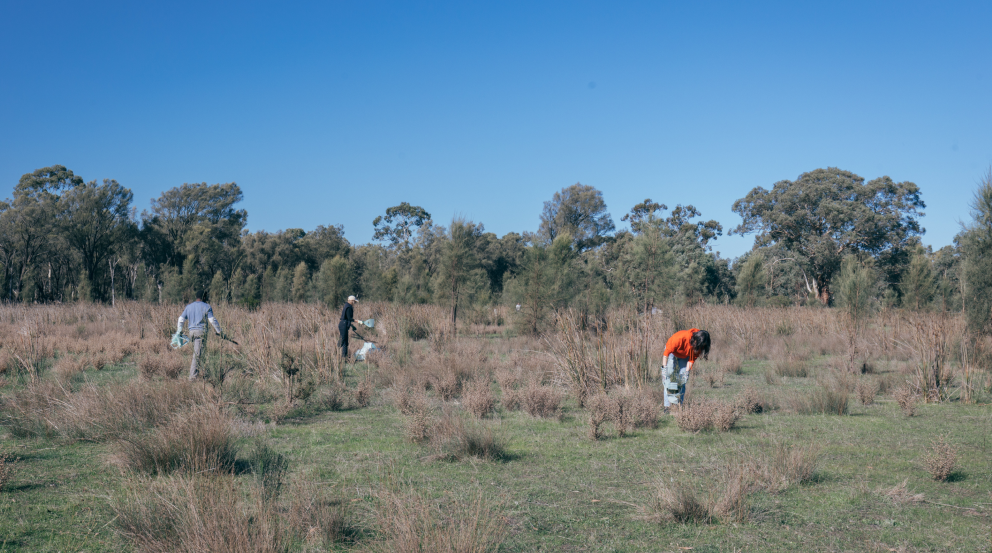Thanks to Australian consumers – that’s you lot – the business of ‘doing good’ is currently doing very well for itself indeed.
According to the Australian Retailers Association, a massive 72% of Australians count ‘ethical brand behaviour’ as one of their top three priorities when it comes to using a company or buying their products. And that’s not all: a further 57% rank climate change as the most important consumer issue, and 34% will pay more for environmentally-friendly products.
But the most telling statistic shows that consumers are also savvy to brands who don’t put their money where their mouth is, with 21% claiming that a brand should only ‘take a stance’ on a social issue if it can prove that it’s actually trying to solve the issue.
Australia is full of brands – big, small and in-between – who are doing just that: using their businesses to help solve some of the social and environmental issues we face not just as a country, but as a global society too. Here are a few of our favourite, lesser-known companies – all of which happen to be Bank Australia customers, too.
Free to Feed
What is it? Free to Feed offers training and employment, predominantly in hospitality skills, to refugees and asylum seekers who have recently arrived in Australia.
What do they sell? Hungry punters can sign up for a range of delicious cooking classes at their Northcote HQ, order takeaway ‘Brave Meals’, or opt for an at-home dining experience instead.
What good does it do? To date, Free to Feed has paid over $400,000 in wages to refugees and recently-arrived asylum seekers, and have helped countless people build their confidence, learn essential skills, and find gainful and ongoing employment.
Where can I find them? Freetofeed.org.au

Reground
What is it? Each year, Australia produces around 75,000 tonnes of coffee ground waste, most of which goes straight to landfill and contributes to climate change (by releasing methane). Its goal is to reduce coffee, chaff and soft plastic waste for businesses, local councils and commercial sites. Their ultimate goal is to help these clients minimise their waste, and therefore protect the environment.
What do they sell? Reground is a “waste education service.” It works directly with end users (cafes, restaurants, roasteries, offices), collects their coffee waste, and diverts that waste back into community and private gardens across Melbourne.
What good does it do? To date, Reground has prevented some 485 tonnes of ground coffee from going to landfill.
Where can I find them? Reground.com.au

The Seabin Project
What is it? Literally bins, but for the sea. Seabins. The project’s goal is to provide a practical solution to help reduce the amount of plastic waste in our oceans. Seabins are typically installed in marinas, yacht clubs and ports and can intercept debris, macro and micro plastics and even micro fibres. Seabins can also clean the water while they’re at it, like a vacuum cleaner and bin combo.
What do they sell? Seabins! Marinas, ports, yacht clubs and local councils can order Seabins directly from the Seabin website, while fans of the ocean can donate via subscription to help support The Seabin Project.
What good does it do? With 860 Seabins installed, the project has captured 849,788kg of waste in and around Australia (and beyond).
Where can I find them? seabinproject.com

The Cape
What is it? According to The Age, it’s “Australia’s most sustainable housing development,” and it’s situated on Cape Paterson, Victoria.
What do they sell? Houses! Glorious, sustainable houses! Also, the land on which you might build those houses on. You can buy a house from a plan, or design your own.
What good does it do? The Cape’s goal is to help Australians build the affordable and truly sustainable house of their dreams. In an Australia where buying a home is unattainable for many, The Cape is hoping to level the playing field – sustainably.
Where can I find them? Liveatthecape.com

bettercup
What is it? You know how you have KeepCups for your takeaway coffees? bettercup is that, but for music festivals and other such events.
What do they sell? Event organisers can either buy reusable cups in bulk, or rent them for one-event use (meaning some of these cups will have seen more festivals than even you!)
What good does it do? bettercup helps prevent tens of thousands of plastic cups going to landfill, and aims to improve Australia’s relationship with single-use waste.
Where can I find them? bettercup.com.au

Great Wrap
What is it? Cling wrap for the hospitality industry, but sustainable.
What do they sell? Gigantic rolls of compostable and biodegradable cling wrap to help prevent big businesses (think wineries, etc) from wrapping their palettes in the non-sustainable stuff. They also sell smaller rolls for home use. Win!
What good does it do? Compostable and biodegradable cling wrap means less non-compostable and biodegradable cling wrap in landfill, and that can only be a good thing.
Where can I find them? greatwrap.com.ai

Property Collectives
What is it? Sort of like a real estate agent, but they help home-buyers team up with other home-buyers in order to share the financial burden of buying/building a home and keep costs down for everyone involved.
What do they sell? More of a service than a product offering, Property Collectives offer an alternative to traditional home-buying by bringing people together to help build their homes at cost.
What good does it do? The ultimate aim of Property Collectives is to help make home buying more affordable, and to give members of the collective greater control over the finished product (their home!)
Where can I find them? propertycollectives.com.au
.webp)
Want more good Australian businesses? Check out the ethical consumer guide at ethical.org.au








